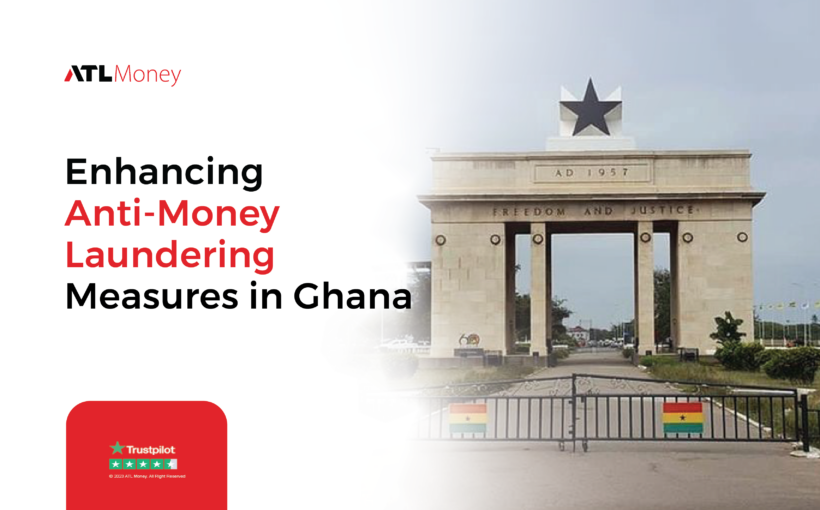In recent years, Ghana has made significant strides in strengthening its anti-money laundering (AML) efforts to combat financial crimes effectively. As a crucial hub for international money remittance, it’s vital to understand the measures in place to safeguard against illicit activities.
Come along today as we explore the key AML initiatives undertaken by Ghana and how they impact individuals sending money to the country.
Understanding Anti-Money Laundering Measures
Ghana has put rules in place to stop people from illegally moving money around in its financial system. These rules make sure that financial transactions are fair, honest, and can be traced, which stops illegal money from entering the economy.
Regulatory Framework
The Bank of Ghana (BoG), Ghana’s central bank, plays a pivotal role in overseeing and enforcing AML regulations in the country. It collaborates with other regulatory bodies, such as the Financial Intelligence Centre (FIC) and the Economic and Organized Crime Office (EOCO), to develop and implement comprehensive AML policies and guidelines.
Customer Due Diligence (CDD)
Financial institutions in Ghana are required to conduct thorough customer due diligence to verify the identity of customers and assess the nature of their financial transactions. This process helps mitigate the risk of money laundering by identifying and monitoring high-risk individuals or entities.
Transaction Monitoring
Ghanaian banks and financial institutions employ advanced transaction monitoring systems to detect suspicious activities and patterns indicative of money laundering. These systems analyze transaction data in real time, flagging any anomalies or irregularities for further investigation by compliance officers.
Reporting Requirements
Ghanaian authorities mandate financial institutions to report any suspicious transactions or activities to the appropriate regulatory bodies, such as the FIC. Timely reporting enables swift action to be taken to prevent money laundering and prosecute individuals involved in illicit financial activities.
Impact on International Money Remittance
For individuals sending money to Ghana from abroad, these AML measures play a crucial role in ensuring the security and integrity of their transactions. By adhering to regulatory requirements, remittance service providers help safeguard against the risk of inadvertently facilitating money laundering activities.
Conclusion
Ghana’s commitment to enhancing its AML framework demonstrates its proactive stance in combating financial crimes and maintaining the integrity of its financial system. By implementing robust regulatory measures and fostering collaboration between regulatory bodies and financial institutions, Ghana continues to strengthen its defenses against money laundering activities.
**Easily Send Money to Ghana from Anywhere with ATLMoney**
